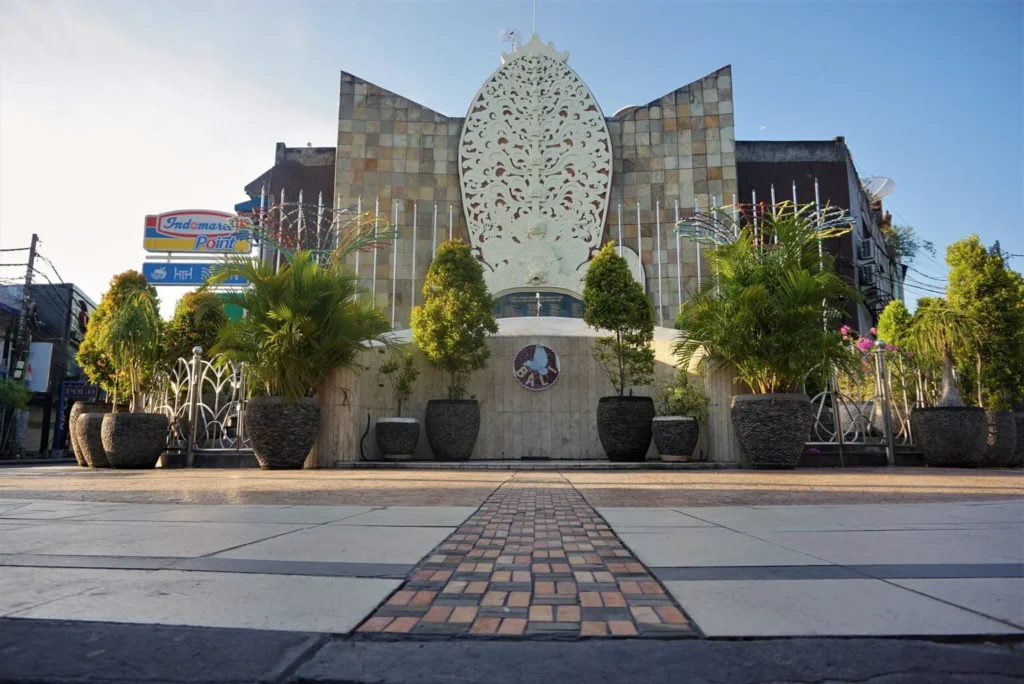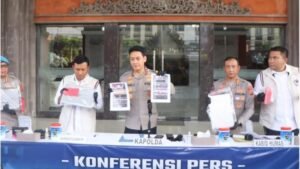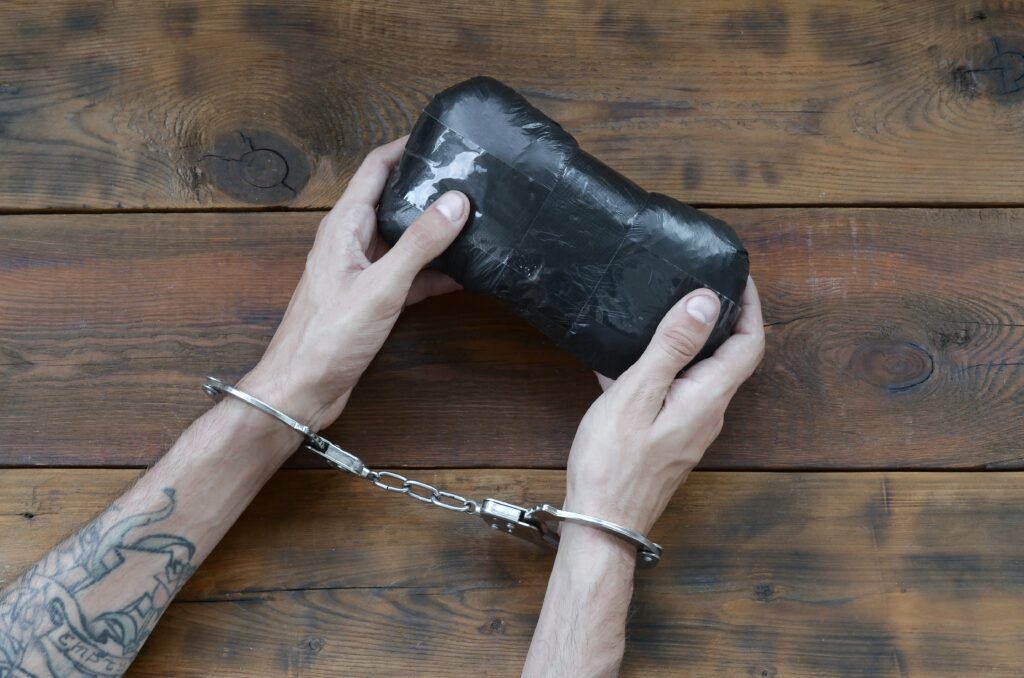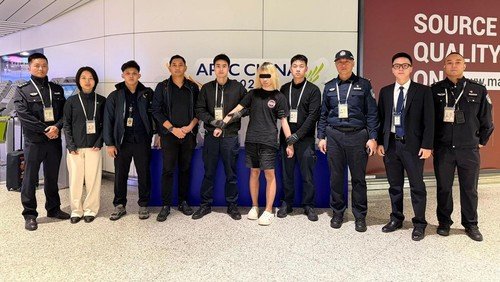
Umar Patek, the convicted bombmaker behind the 2002 Bali attacks that killed 202 people, has launched a coffee business in East Java, a move that has reignited anger among survivors and bereaved families still grappling with the aftermath of one of Southeast Asia’s deadliest terrorist attacks.
Patek, who was released from prison in 2022 after serving just over half of a 20-year sentence, announced the launch of “RAMU Coffee 1966 by Umar Patek” at a café in Surabaya this week. The brand name is a reversal of his first name and a Bahasa Indonesia word meaning “to concoct.”
“Once, I concocted bombs. Now, I concoct coffee,” Patek told South China Morning Post in an interview. “Before, I was known for something that hurt the world. Now I have chosen a different path.”
The coffee shop had its initial soft launch in October last year, but has just now held its official grand launch.
Released from prison
Indonesian authorities maintain that Patek is a reformed figure who has completed a deradicalization program and is now being reintegrated into society. They say he is being used as a symbol to dissuade others from extremist ideologies.
His business was supported by the owner of the Hedon Estate café, who donated equipment and agreed to stock his products.
“I thought it was so humanitarian of them to help me, particularly as the owner of the café is not Muslim,” Patek said, according to SCMP. “I hope that my new business will be a success and I will be able to be independent again.”
Patek’s comments and entrepreneurial effort have prompted a backlash from victims’ families, many of whom see the move as insensitive and premature.
Memories that don’t fade
“Has this man repented? Does he still think what he did was morally right? Or has he just served a sentence then moved on?” said Sandra Thompson, an Australian mother whose 29-year-old son, Clint, was among the dead.
“Two hundred and two lives plus an unborn baby and survivors still living with the effects of their injuries. Has he paid for that? Never, if he has no remorse,” Thompson said for the South China Morning Post (SCMP).
Thompson said her son, a wine merchant and rugby player, had traveled to Bali with teammates for an end-of-season trip. Six of them never returned.
“I thought I had forgiven, then another one is allowed to live a normal life,” she said. “A life he took from all those families. My life has never been the same.”
Patek was convicted for helping assemble the last 50 kilograms of explosives used in the massive van bomb that detonated outside the Sari Club in Kuta, Bali, in October 2002. The attack, which also included a suicide bombing at Paddy’s Bar, targeted a busy nightlife district and killed citizens from more than 20 countries, including 88 Australians and 39 Indonesians.

9-year manhunt
Before his arrest, Patek spent nearly a decade on the run, moving between militant groups in the southern Philippines and hiding in Pakistan.
He was captured in Abbottabad in 2011 — the same city where Osama bin Laden was found and killed by U.S. forces — and extradited to Indonesia later that year. The United States had offered a US$1 million reward for information leading to his capture.
Despite objections from the Australian government, Patek was granted early release for what officials described as good behavior and successful participation in Indonesia’s rehabilitation efforts.
Australian Prime Minister Anthony Albanese called his release “abhorrent” and warned it would cause “further distress” to victims’ families.
Jan Laczynski, an Australian who lost five friends in the Bali bombings, said he had seen Patek in prison and questioned the sincerity of his transformation.
“He didn’t seem de-radicalized to me,” he told the Daily Mail.
“This guy gets his life back again. For a lot of us we’ll never get our lives back again.”
‘Everything is always wrong’
Patek has publicly apologized for his role in the attacks, though he acknowledged to SCMP that he remains distrusted.
“If I apologize, people say that I am pretending and being strategic. If I don’t apologize, people will say I am arrogant and don’t care. So everything is always wrong.”
Dr. Julie Chernov Hwang, a political scientist at Goucher College and author of Why Terrorists Quit, told SCMP that Patek’s new business may be a step toward a stable post-prison life.
“He is building a post-jihad identity as a coffee entrepreneur,” she said, noting that the support he has received from business mentors and community members may help sustain his disengagement.
Still, for those whose lives were shattered by the attacks, such efforts do little to erase the damage.
“He is not important in my life,” Thompson said. “But I live with what he did, every day.”










